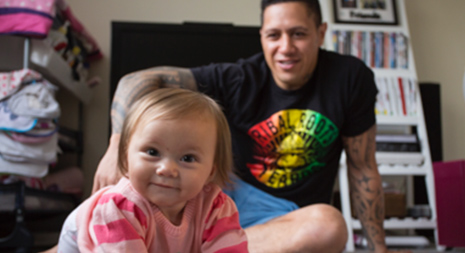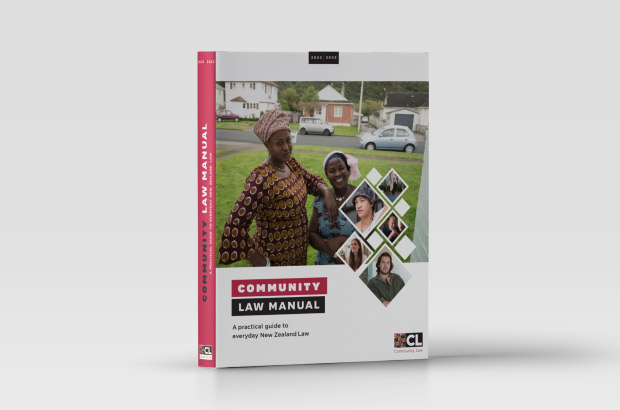Child support
Introduction
If two parents separate, one may have to pay child support to the other, as financial support for the costs of raising the children. Whether child support will have to be paid, and how much, will depend on how much each parent earns and how much time the children live with each parent.
There are three ways of making child support arrangements:
- You can make a private agreement with your ex-partner, where you both agree on the amount one parent pays to the other. You organise payments and resolve issues between yourselves. You don’t need to have a formal document for this agreement, and it’s not registered with Inland Revenue.
- You can make a formal voluntary agreement with your ex-partner, which is a child support agreement that’s written and registered with Inland Revenue. You and your ex-partner decide on the amount, but Inland Revenue takes care of collecting and paying the money, as well as following up on missed payments.
- Inland Revenue can make a formula assessment if you and your ex-partner can’t agree on the arrangements. Inland Revenue calculates the amount to be paid. If the child support isn’t paid, Inland Revenue can ask the Family Court to enforce payments. The child support scheme is governed by the Child Support Act 1991 and is managed by Inland Revenue.


